Blog Category Academics
Falling behind: postdocs in their thirties tire of putting life on hold
This one hits home. As someone who did 4 postdocs in 3 different countries, I can see myself here. Particularly the waiting - always the waiting. Waiting to get that dream job. Waiting to buy a house. Waiting to start a family. At some point, my wife and I just had to take the plunge. Without permanent contracts. Without stable positions. Sweden certainly made that choice much easier with generous parental leave. However, the uncertainty and the effects upon our careers was real. I am happy to say that it has worked out for us in the long run, but it shouldn't be this way. It is insane that after spending the time to obtain a PhD, we then spend years and years in unstable positions. Academics needs to do better if it wants to retain people.
Work-Life Balance

As I sit in my office late in the evening on a weekday, I contemplate the importance of balancing the importance of my research and my desire to see my family.
What Statistics Can and Can’t Tell Us About Ourselves
Interesting to see the P-value crisis has made it to the New Yorker. It is indeed time to rethink the way we employ the iconic measure of the "success" of an experiment. I have literally had postdocs in the lab come to my office and tell me that a given experiment "failed" because the P-value was 0.051. That is not the appropriate way to approach science. In another case, a postdoc came to me with the results of a multivariate model. The overall model statistics were relatively weak, so he considered the experiment to be non-informative. However, an inspection of the loadings plot showed that all of the identified metabolites came from the same enzymatic pathway. This article reports that "In medicine, a study of forty-nine of the most cited medical publications from 1990 to 2003 found that the conclusions of sixteen per cent were contradicted by subsequent studies." So how do we deal with this brave new world in which P-values no longer light the way? We move forward with common sense, biochemical knowledge, replication, validation and most importantly, the courage to question our findings.
Editors Claim Censorship at a Public Health Journal
Extremely disturbing development in publishing. If journals are not independent, then the pillars of the entire academic process begin to fail. This development highlights the need for full disclosure in terms of editorial board selection, reviewers, and the overall review process. It is a strong argument that journals are best served by being Society based. I question journals that exist solely on a for-profit basis.
An evidence-based evaluation of transferrable skills and job satisfaction for science PhDs
To shift a bit from the doom and gloom of the previous posts - this article highlights the value of a scientific education. So while the career prospects in academics are few - the training received along the way is applicable to a range of careers. This article makes the very important point that the skills acquired during a scientific education will provide value throughout a lifetime. Scientists are highly trained individuals who have a unique skillset that is marketable. It is therefore all the more important that PhDs and postdocs are trained in non-academic careers - and provided with advice on how to use their unique talents in a range of different careers. After all, the current reality is that a career outside of academics is no longer an "alternative career" for most people. The fact is that the vast majority of scientists will leave academics for satisfying and fruitful careers in a range of jobs - and we should stop pretending otherwise.
Why women leave academia and why universities should be worried
Worrying developments in academics - and a further example of how academics is fundamentally broken. They report that "88% of the women don't even want academic careers, nor do 79% of the men! How can it be this bad? Why are universities such unattractive workplaces?" Think about that for a minute - the vast majority of people pursing higher education do not want a job in higher education. An academic career has become so unattractive that most people have lost interest. Perhaps this could be interpreted as these people have become smart and sufficiently educated to recognize the ponzi scheme of academics in that there is an insufficient number of positions for aspiring academics. So rather than slog through an unending stream of postdocs with low pay and no job stability, they have decided to move on. Or perhaps these people were all young inspiring academics that become so disillusioned with the process during their education that they want nothing to do with academics. Either way, this is a worrying development and a clear sign that there needs to be a fundemental shift in how academics functions.
Baby on Board
As a member of a dual career couple, childcare is an issue near and dear to my heart (and career). The web is filled with a multitude of articles soul searching as to why there is a dearth of women in academics. While the answers to that issue are certainly complex, childcare is clearly an important component of that equation. Simply put - if a conference does not offer childcare, it is not possible for both my wife and I to attend. We are therefore forced to make a difficult choice on who gets to attend the conference - including all of the important networking, meetings, and self-promotion that happens at a conference. Whose career should advance? And who should stay home with the kids? I therefore find it unfathomable when major scientific conferences do not offer childcare. It should be a requirement that EVERY major conference offers childcare - and there should be travel grants available to offset the fees of childcare. The American Thoraic Society (ATS) has been very good about making childcare available at their annual meetings. Unfortunately, the European Respiratory Society (ERS) - while claiming to support family values and dual career couples - did not make childcare available for the 2017 Milano meeting, and it will not be available for the Paris meeting in 2018. I therefore question their commitment to supporting dual career couples. It is ironic that "family friendly Europe" cannot provide childcare, but the USA can. If the scientific community wants to support women as well as dual career couples, then it is time to ensure that childcare is available at conferences.
Surviving academia as an early career researcher: an unreliable guide
Useful advice and checklist on survival - and hopeful success - in the academic environment. Many students and postdocs make the mistake of thinking that success is only about the papers. While publishing our scientific findings is of course paramount to our profession - there is so much more. For the vast majority of us without multiple NSC (Nature, Science, Cell) papers - we need a strategy for success. It is vital to get your ideas and your brand out into the academic sphere. Academics is communication - mixed with a healthy dose of sales. If we do not communicate our ideas, then we are not pushing the field and our science forward. Think - networking, conferences, social media, outreach, etc. This article does a nice job of summarizing how to put that all together.
Dr Con Man: the rise and fall of a celebrity scientist who fooled almost everyone
There has been much soul-serarching at KI regarding the Maccchiarini case. However, it is unclear if anything has truly been learned. The drive towards "exellence" at all costs still permeates the research environment. Publish first. Publish best. What is clear is that innocent people have lost their lives and no one has taken real responsibility for the events that created this monstrosity. Academic science needs to perform some serious introspection to determine our way forward. In a world that demands profits from academic endeavors, where every grant needs a business model, and those who publish fastest are the winners - we are loosing something. The serendipity of science that leads to that eureka moment is being sacraficed. In its wake, we are left with a world in which the realm of scientific discovery is sadly diminished.
Facing poverty, academics turn to sex work and sleeping in cars
This really says everything. It is a stinging comment on the status of academics in our world. Even academia does not treat academics with respect anymore. Adjunct faculty are a cheap labor pool to entertain the students, while the research faculty are cash piñatas that bring in the grants and overhead that pays the administration. Clearly we have a broken system in which people who had dedicated their lives to advance education, learning and knowledge are treated with contempt. It is a truly sad commentary on the state of our society.
The declining interest in an academic career
These days you have to ask yourself - is it really worth it? Why do you want an academic career? I spend most of my time trying to convince prospective students and postdoc to not continue in academics. There are lots of wonderful jobs in the world - and most of them will treat you with infinitely more respect than academics. However, for those individuals who insist on moving forward into academics - there is hope. There are jobs out there for the motivated, determined - and the lucky.
It's time for academics to take back control of research journals
Academic publishing is broken. Predatory journals. Corporations driven by profit. University administrators too lazy to evaluate science and looking for an easy metric. It is time to leave impact factor behind. Move beyond surrendering copyright of taxpayer funding research to for-profit corporations. Science knowledge is for the public who paid for the work. Free science!
How we lost the world-changing power of useless knowledge
This article highlights a distrubing global trend. The merging of market capaitalization with academics. It is not longer acceptable to be an academic pursuing knowledge for the sake of knowledge. Every EU grant demands a section on the market impact of the reserach. How will the proposed experiments lead to a marketable product? What is the business plan for the project intellectual property? What type of return on the investment can be expected over what time frame? The line between venture capitalists and funding agencies is merging - to the detriment of discovery science. The closing line of this article makes a powerful point - "The point of study is to create a civilisation worth saving." The world has lost sight of that - and we are all poorer.
The findings of medical research are disseminated too slowly
Academic publishing is broken. It is time for a change - or even a revolution - in publishing. The impact factor fallacy that a single metric somehow both predicts the importance of the publication and reflects the scientific prowess of its authors needs to fall. Science and knowledge should be open and readily available to the world - that is the ethos of our endeavors.
A sad day for science
Continued efforts to destroy the quest for knowledge. It is disturbing that the world is turning its back on science. Discovery brings out the best of humanity - making the world a better place for everyone. Shortsighted attempts to stifle science will make us all poorer.
Addressing Biomedical Science’s PhD Problem
And yet another article on the dwindling prospects for a career in academics. If you are going to get a PhD, you really need to ask yourself why. This quote from the article really says it all: “They’re really not ‘alternative’ careers anymore,” says Larry Petcovic of careers services company SciPhD. Rather, for today’s bioscience PhD workforce, “it’s academia that’s the alternative now.”
How to respond to a broken peer review system
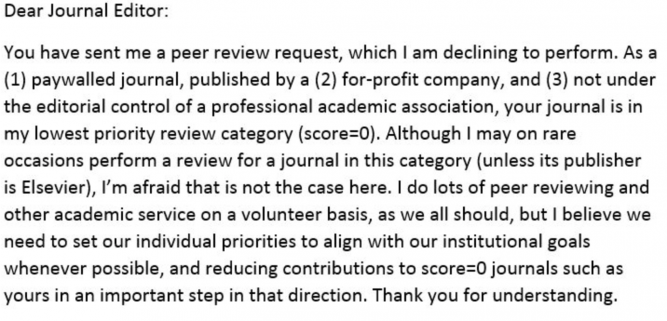
Peer Review is in Crisis, But Should be Fixed, Not Abolished
Simply put, peer review is no longer working. After spending months to years submitting, submitting and resubmitting the same paper in order to get it published, one cannot help but become jaded. The constant fight for impact factor is destroying the publication process. It is time for something new.
The Postdoc Crisis
Academics is certainly not an easy career choice - and a post-doctoral position is a bit like trial by fire. It is obvious that everyone who does a postdoc will not be able to have a research career (in either academics or industry). It is just another sign that the acdemic system is broken. If you choose to do a postdoctoral stint, it is smart to be clear on the reasons for doing so - and your subsequent career options....
The future of the postdoc
There is a growing number of postdocs and few places in academia for them to go. But change could be on the way.











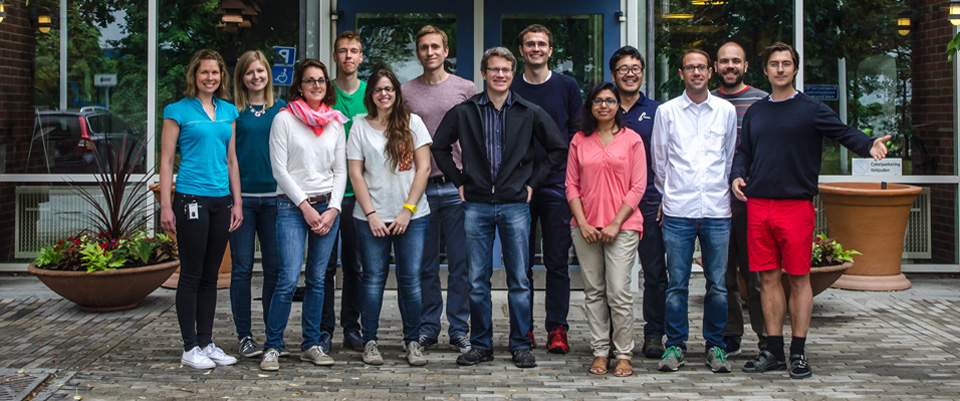

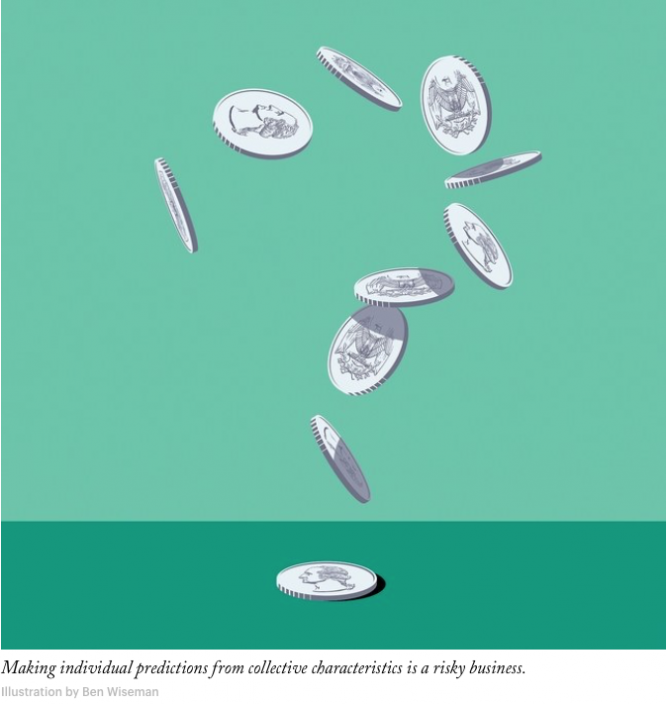

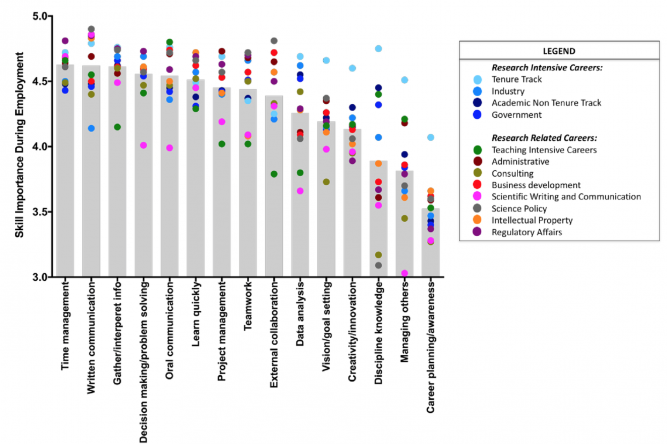



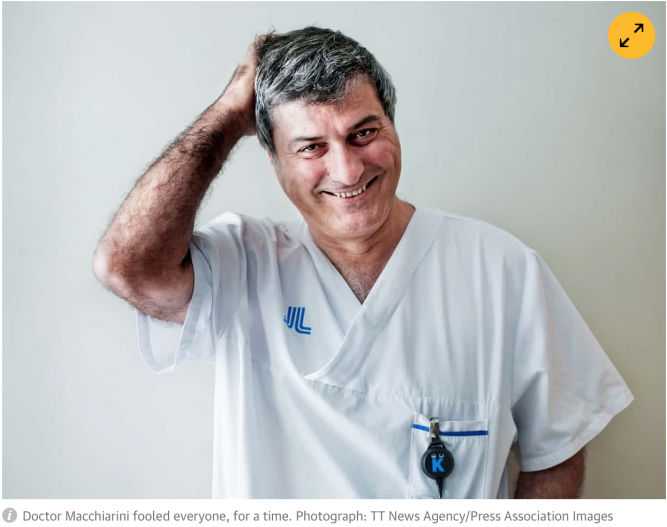
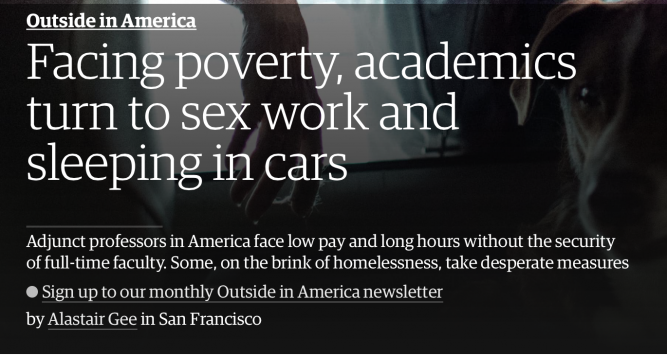

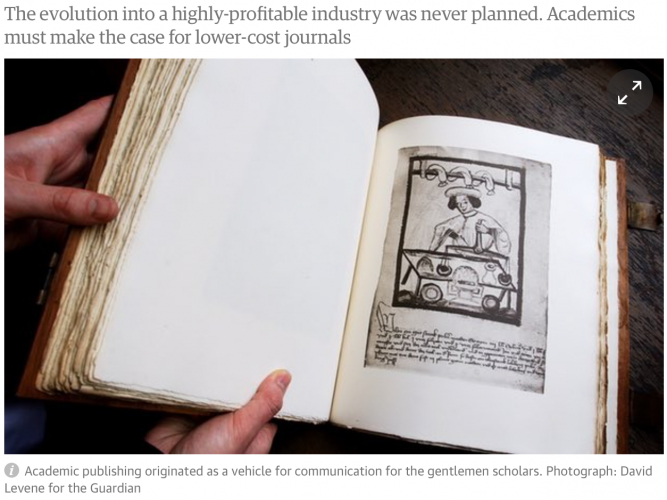
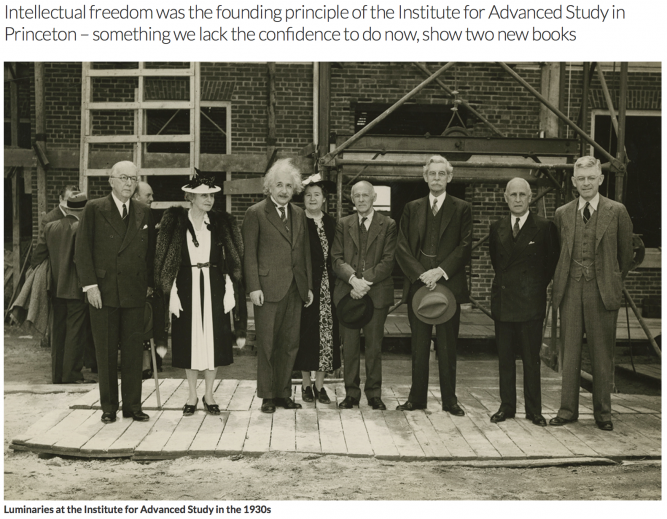
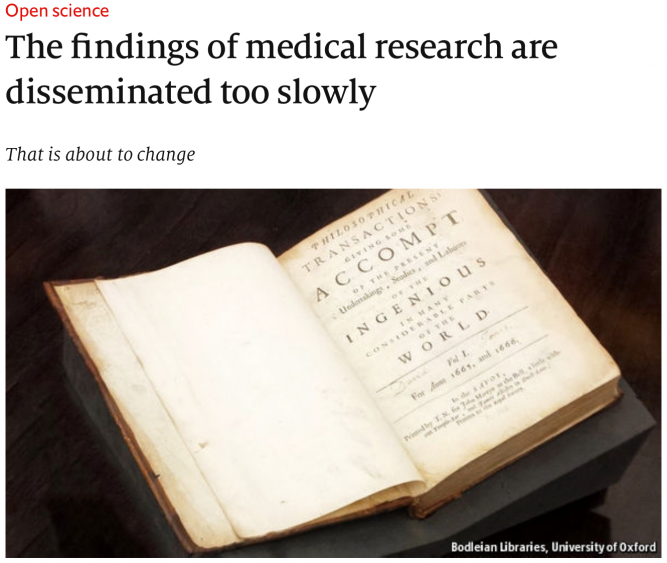



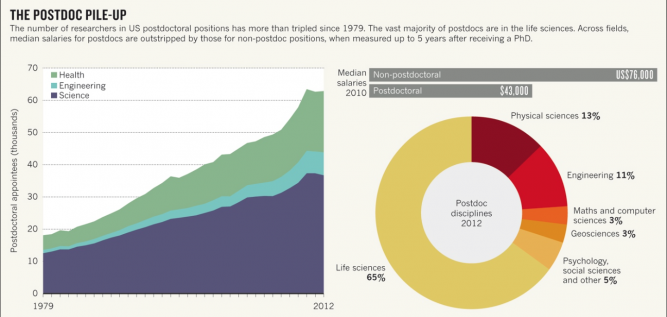
Leave a message